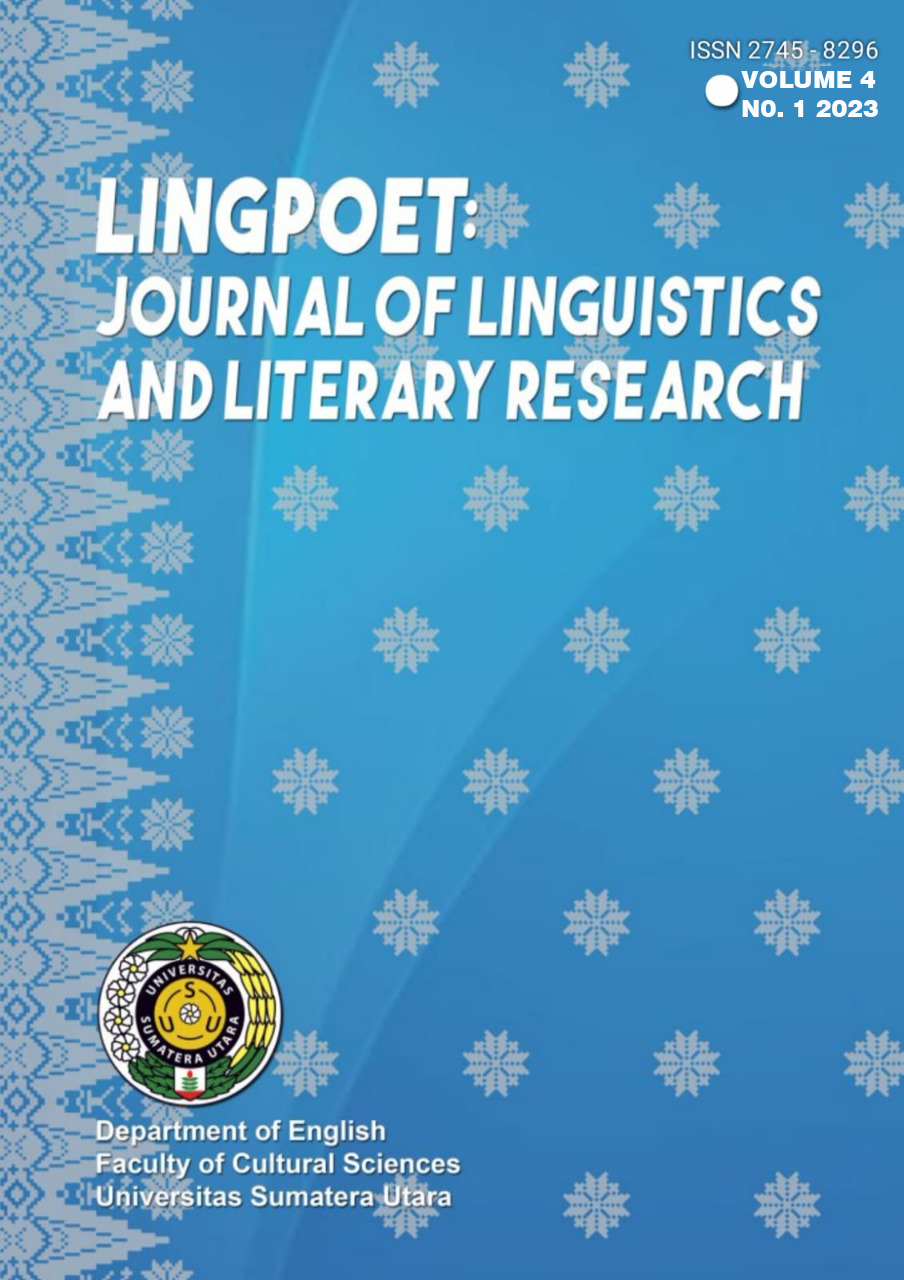English's Impact on Life as A Global Language: The Viewpoint of Teenagers
Keywords:
english, global language, English ImpactAbstract
Given that English is currently the most extensively utilized language globally, its importance cannot be dismissed or underestimated. This is because English is the most prevalent language spoken everywhere. Both consistent practice and patience are required in order to learn English. To advance in one's life, it is essential to have a working knowledge of the English language. It is the most important viewpoint of the contemporary world. Due to the prevalence of English as the primary language for communication worldwide, particularly among youth, this study focused on the impact that English has as a global language. The focus of this study was to explore what factors are contributing to why teenagers should learn English and the reasons why they had been learning English since earlier age. Teenagers were under the impression that all languages would eventually compete with English for the position of world language. It is anticipated that the future of English will provide us with a path to follow in how we conduct our operations in connection to the potential future of English. For millions of people all around the world, English is rapidly becoming an essential fundamental skill.
Downloads
References
Baugh, A. C., & Cable, T. (1997). A History of the English Language. Prentice Hall.
Crystal, D. (2003). English as a global language (2nd). http://books.google.com.au/books?id=d6jPAKxTHRYC&printsec
Giddens, A. (2000). Runaway World: How Globalization is reshaping Our Lives. Routledge.
Graddol, D. (1997). The Future of English? The British Council.
Jenkinsz, J. (2003). World Englishes. TJ International.
Johnson, A. (2023). The rise of English: The language of globalization in China and the European Union. Macalester International, 22(1). http://digitalcommons.macalester.edu/cgi/viewcontent.cgi?article=1447&context=macint Kanno
Kachru, B. (1983). The Other Tongue: English across Cultures. Pergamum.
Kaplan, R. B. (2000). Why is English a Global Language? Problems and Perplexities. In H.W Kam and C. Ward (Eds). SEAMEO RELC.
Rao, P. (2019). The Role of English as A Global Language. 4, 65–79.
Seppala, M. (2011). The effects of the English language on the cultural identity of Chinese university students.
Sukri, C. D., & Perangin-Angin, A. Br. (2024). The Stages of Second Language Acquisition: Early Age Language Production. Journal of Language, 6(1), 78–86. https://doi.org/10.30743/jol.v6i1.8495

Downloads
Published
How to Cite
Issue
Section
License
Copyright (c) 2024 LingPoet: Journal of Linguistics and Literary Research

This work is licensed under a Creative Commons Attribution-ShareAlike 4.0 International License.












